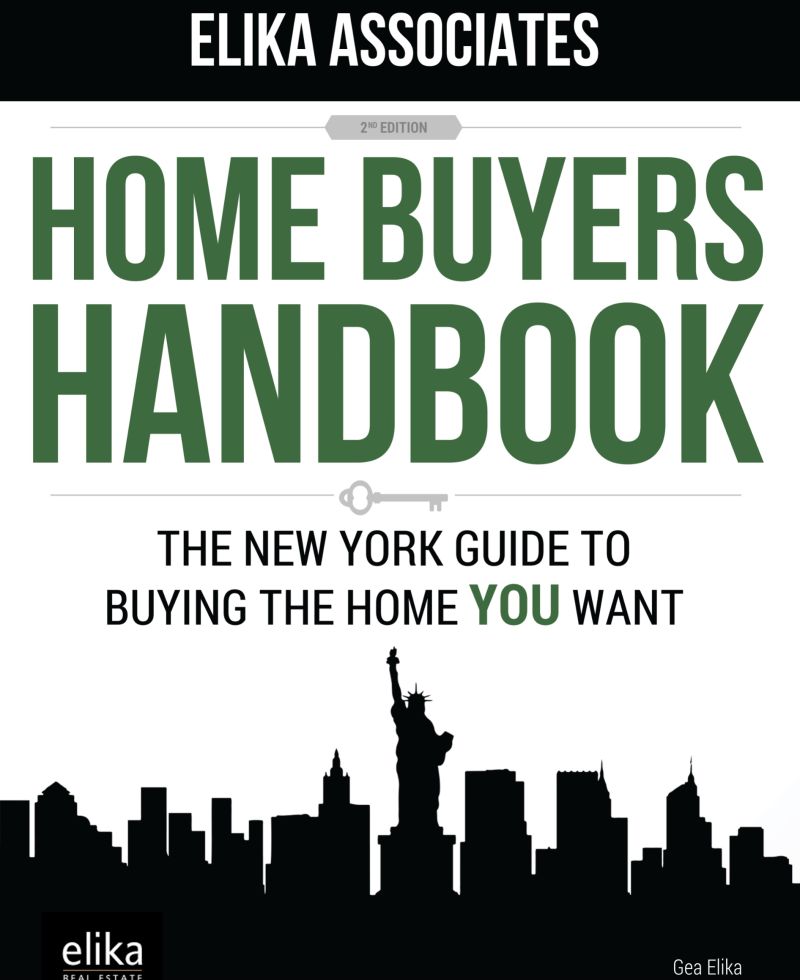Table of Contents Show
As part of their extensive due diligence, your real estate attorney will ask the co-op’s or condo’s managing agent questions. Typically sent in a written form and should provide your attorney with more information than just reading the financial statements and board minutes. Your lender will also require a condo or co-op building questionnaire.
The building questionnaire is not a standard form. However, your lawyer and lender are looking for specific information to help you completely understand your purchase. While the managing agent typically charges to fill out a questionnaire, the information gleaned is essential.
FinancialsFinancials
Your lawyer is trying to understand the building’s financial situation better. They ask the questions so you do not get hit with large maintenance fees/common charge increases or special assessments down the road.
Pertinent questions include the historical maintenance fee/standard common charge increases. No one likes to pay higher monthly fees, but you do not want to see charges that are too low, indicating the managing agent is forgoing necessary repairs are upkeep. Typically, a modest, steady rate of increase is standard. Your attorney should also ask about historical special assessments. The board may not be adequately managing the funds. Or is it artificially trying to keep regular monthly fees low through a “back-end” increase. If this is happening regularly, it is a warning sign.
Your lawyer can see the reserve fund balance by reviewing the building financials, but they can find more details, such as whether the board is borrowing money against the fund, which weakens your protection.
LifestyleLifestyle
Aside from ascertaining the financial condition, your lawyer also wants to learn about the building’s lifestyle. Some are simple questions, such as the board’s policy on pets and washers/dryers. Other softball questions include inquiring about storage space and parking availability. The managing agent can be reluctant to answer more complex questions related to the building’s history, such as plumbing, electrical, or mold issues.
Other areasOther areas
Other potential areas to explore include the maintenance history. They can ask about regular maintenance and major repairs. If the board has not kept up on these, the building’s board could impose a special assessment in the future since they may confront a significant expense.
If the building is more than six stories, it must comply with Local Law 11. Your lawyer should certainly inquire about the status. The building could receive one of three grades: safe, safe with a repair and maintenance program (SWARMP), and unsafe. You need to understand what the management company is doing if it received a SWARMP, or hazardous grade, how much it will cost, and how it plans on funding the repairs.
Co-ops, in particular, are known to have strict policies against subletting. However, there are different ways to restrict it, such as a complete ban or allowing it for a specific time frame. Even if you plan on subletting, you should find out the policy since you do not want to own a unit with many renters since they have different incentives; and it could hurt your resale value.
Your lawyer could also ask if there is an individual that owns a significant percentage of the units. An individual holding many investment units within the building presents risks to you since they could be in distress, sell at a lower comp, and place pressure on prices.
Final thoughtsFinal thoughts
This gives you an idea about the areas your lawyer will explore. There could be additional questions such as units’ square footage and a list of banks that finance purchases in the building. Depending on the circumstances, your lawyer may also have other areas to ask about.








